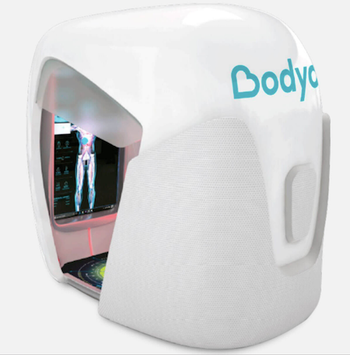
AiPods enable users to obtain a wide array of personal health data in less than 10 minutes.

AiPods enable users to obtain a wide array of personal health data in less than 10 minutes.

Healthcare organizations can benefit from third-party assistance.

What a patient-driven, spherical view of data means for the future of healthcare, and how to make it a reality.

The new tech can also help detect major depressive disorder.

RDMD hopes to do for rare diseases what Flatiron Health did for oncology.
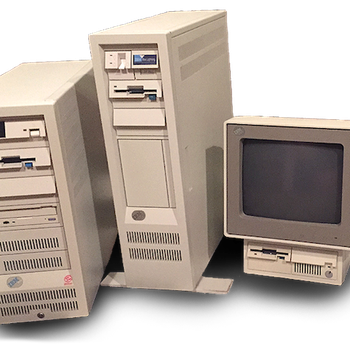
Can pharma leverage data and analytics to transform healthcare?

3 tips to improve patient interactions in the digital age.
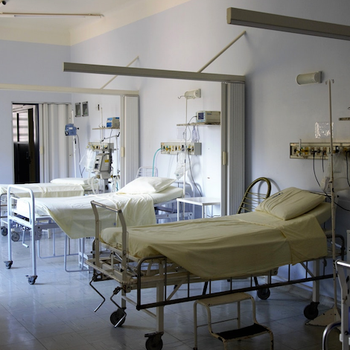
The new tech has successfully identified patients who are experiencing respiratory depression.
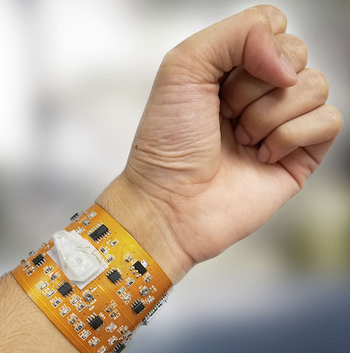
Is this what the future of wearables looks like?
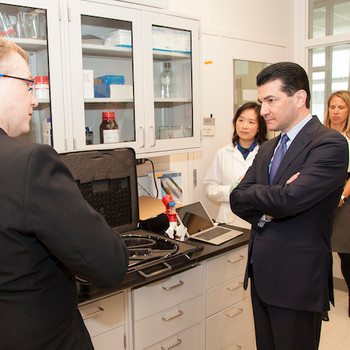
An mHealth research platform executive argues that the agency is changing the world for the better.

What is already brewing in the healthcare sensor space?

They won’t get it from me.

Is data integration broken?

What can the rest of healthcare learn from Geisinger and Penn?

How MedChain and Cognition Foundry also hope to spur new medical research.

What’s going on with VR, machine learning for dementia detection and Fitbit?
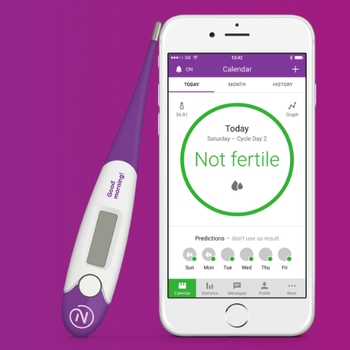
The app is driven by an algorithm that combines body temperature input with menstural cycle data.
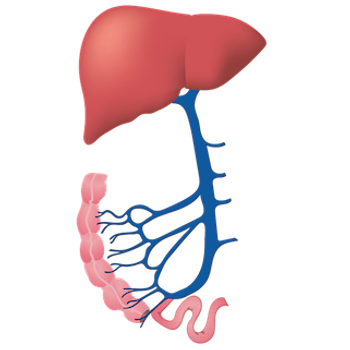
The tool helps physicians determine whether a particular patient is likely to respond to direct-acting antivirals.

What you need to know about the rise of data in healthcare and beyond.
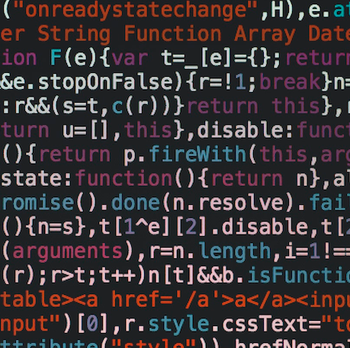
They saw a 90 percent improvement in patients who had low prediction performance.
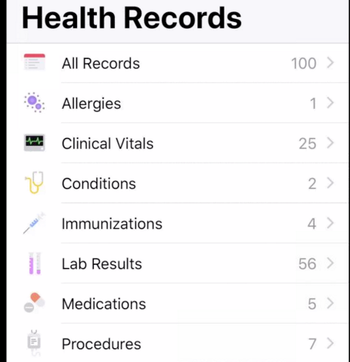
Thanks to FHIR, no data passes through Apple servers.

Aidoc received clearance for a technology that flags acute intracranial hemorrhages.

A new study found nearly 2,000 patients could have been living with undiagnosed dementia.

The week’s health-tech news that you can’t miss.
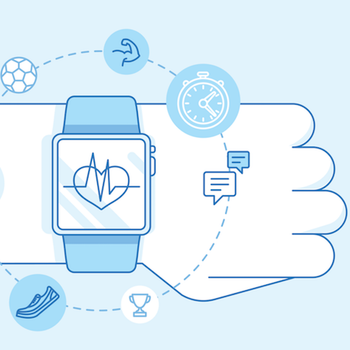
But its success requires a long-term vision.